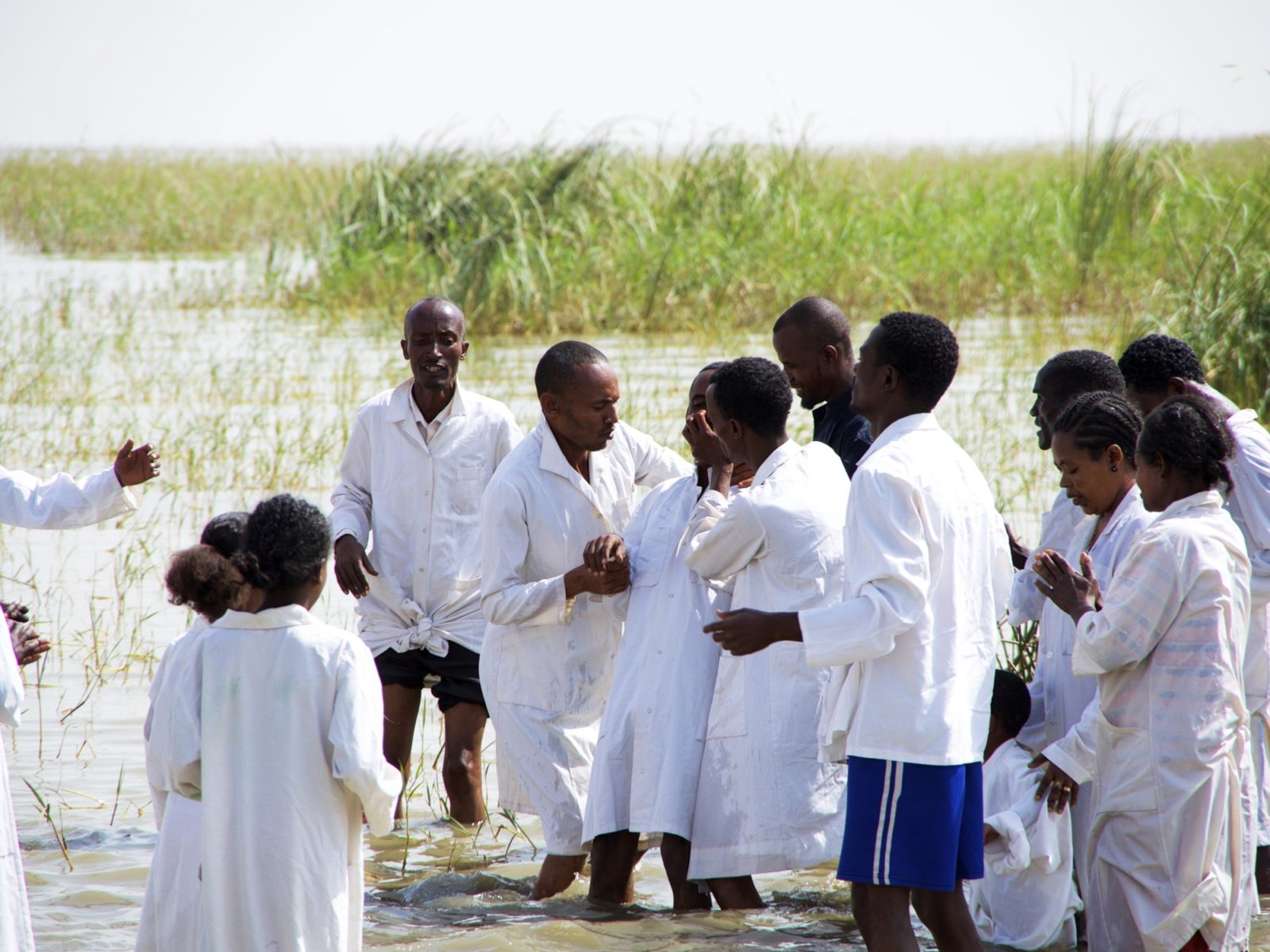
Global Update Vol 3 - Egypt, Ethiopia, Israel
Check out the latest around-the-world, eye-witness updates with a focus on three countries. Find out how the internet is opening doors to hungry, searching people in Egypt. Hear how the power of forgiveness, plus passion and zeal for Christ are bringing massive numbers of Ethiopian people to a saving knowledge of Jesus. And from Israel, hear about urgency and who is “fighting” over Bibles. You’ll also hear exciting news about “Operation Equip Israel.”










